Egyptian military’s demolitions in Sinai ‘likely war crimes:’ HRW
Human Rights Watch (HRW) has denounced the Egyptian military’s ongoing demolitions and forced evictions in the restive North Sinai region, saying the practices constitute “violations of international humanitarian law” and likely amount to “war crimes.”
“Over the past seven years in North Sinai, the Egyptian army has unlawfully evicted tens of thousands of residents, destroying their homes, farms, and livelihoods,” Joe Stork, the deputy Middle East and North Africa director of the New York-based rights organization, said on Wednesday.
“The demolitions and evictions reflect an abusive official mentality that dismisses the well-being of Sinai residents, which is key to the region’s security and stability,” he said.
The remarks came after HRW analysis of satellite imagery revealed that the Egyptian army had destroyed over 12,000 buildings — mostly homes — in the conflict-ridden North Sinai Province between 2013 and 2020. It also found widespread house demolitions, farmland loss, and the construction of security installations and resettlement sites.
The rights group also found that the compensation process had been opaque, slow, and lacking independent review or appeal mechanisms. Thousands of people were never listed for compensation or have yet to receive any.
“The Egyptian government should end abusive evictions and demolitions, accelerate fair, transparent compensation for everyone possible, and provide assurances that evicted residents can return home as soon as and whenever possible,” Stork said.
Egyptian authorities did not respond to questions sent by Human Rights Watch in January regarding the developments in Sinai. Egyptian officials routinely deny the forced nature of evictions there.
Last October, Egypt’s President Abdel Fattah el-Sisi claimed that the evictions in Sinai were a matter of national security, and that his government had paid billions in compensation to the residents.
“We didn’t evict anyone... We gave residents money and razed the buildings and farms because it’s national security,” he said.
The Egyptian military’s home demolitions and forced evictions have been a main grievance of residents in North Sinai, who have also experienced other abuses at the hands of both the military and armed groups.
Recent analysis of a time series of dozens of high-resolution commercial satellite images recorded between December 4, 2017 and July 1, 2020 also found that, during that period, the military demolished about 4,000 buildings in and around the North Sinai provincial capital of el-Arish, mainly to build a buffer zone surrounding the formerly civilian airport south of the city, used since 2013 for military purposes.
In addition, between December 2017 and July 2020, the Egyptian army destroyed about 700 shacks and temporary structures within the el-Arish buffer zone, and dozens of shacks outside it.
The military frequently claims that those makeshift communities are infiltrated by armed groups.
The Sinai Peninsula has been under a state of emergency since October 2014, after a deadly terrorist attack left 33 Egyptian soldiers dead.
Over the past few years, terrorists have been engaged in anti-government activities and fatal attacks in Egypt, taking advantage of the turmoil that erupted after the country’s first democratically-elected president, Mohamed Morsi, was ousted in a military coup staged by Sisi in July 2013.
The Velayat Sinai group, which is affiliated with Daesh, has claimed responsibility for most of the assaults.
Meanwhile, Human Rights Watch has documented that as of mid-2018, the Egyptian military has razed to the ground over 12,000 buildings in Rafah, near the border with the southern Gaza Strip, to create a buffer zone with the blockaded Palestinian territory.
Satellite imagery as recent as December 2020 shows that demolitions continued outside the buffer zone south and west of Rafah City.
Amnesty International has also condemned Egypt for razing to the ground hundreds of homes in Rafah, calling on Egyptian authorities to put an end to the “unlawful evictions” of residents to create the buffer zone.
Historic gold for Iran as teen fencer wins World Cup title
VIDEO | Paris celebrates 47 years of Islamic Revolution in Iran
VIDEO | Killed twice: Palestinian-Americans and the price of silence
VIDEO | Pakistan slams US for publishing map depicting Kashmir as part of India
VIDEO | India-US trade deal faces protests from unions, opposition
VIDEO | 44th Fajr film festival closes with award ceremony in Tehran
North Korea warns of 'terrible response' to drone incursions from South
Whistleblowers: CPJ scrapped 'impunity index' to shield Israel


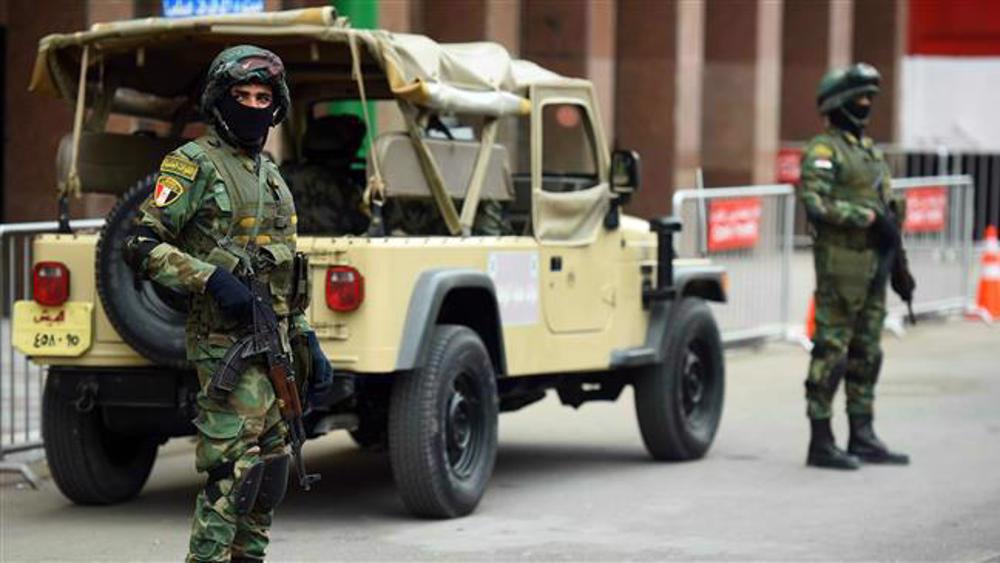




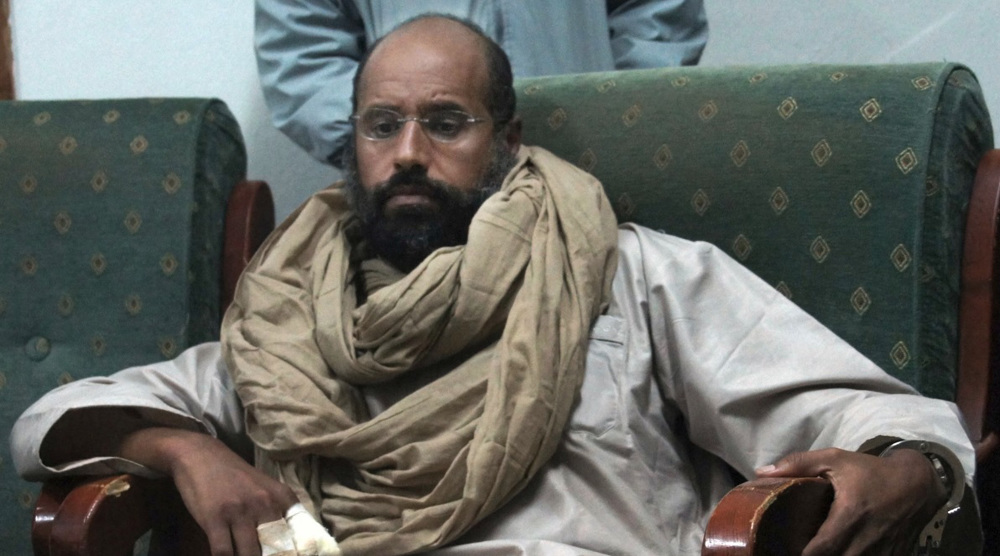



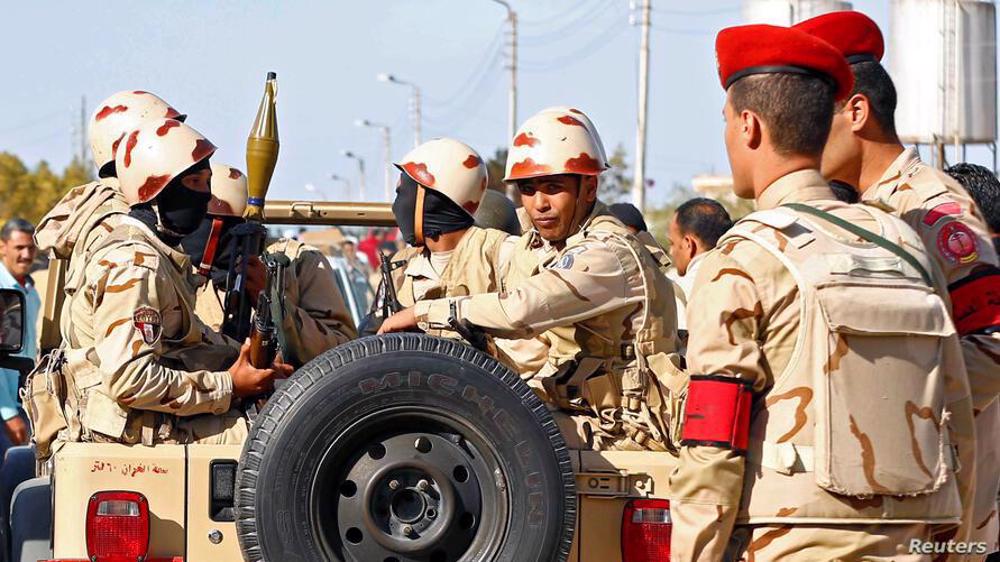
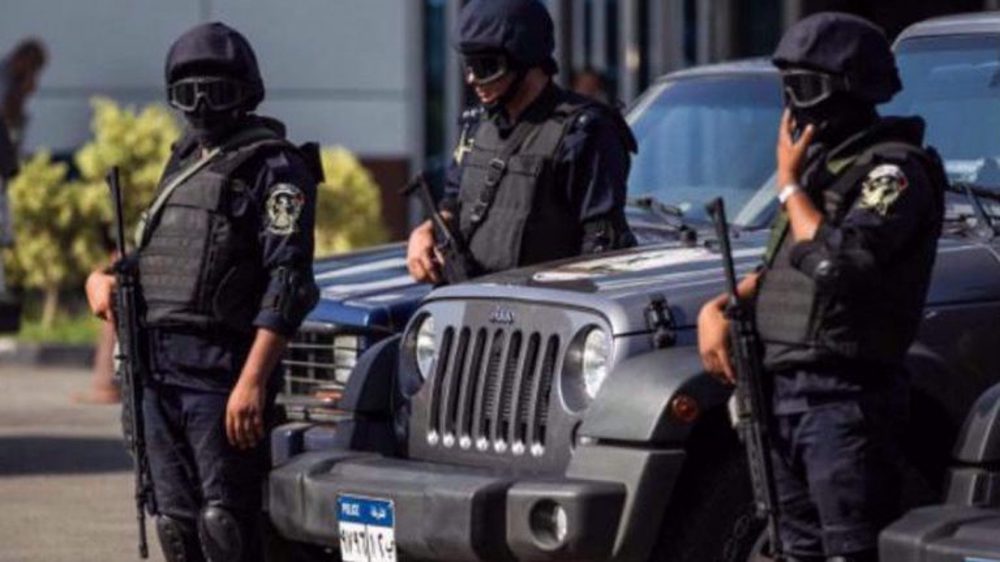
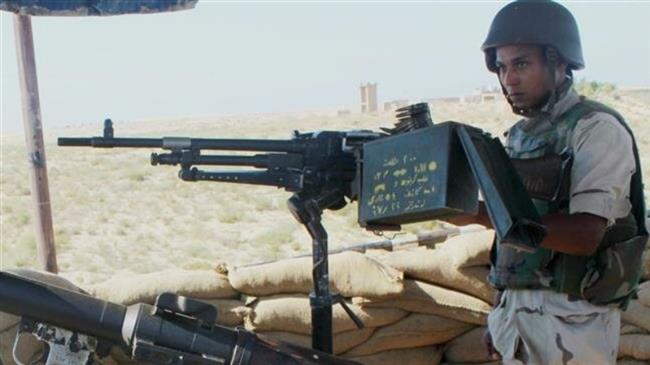

 This makes it easy to access the Press TV website
This makes it easy to access the Press TV website